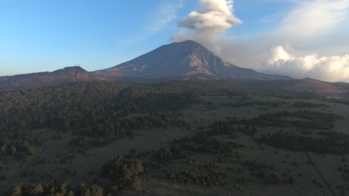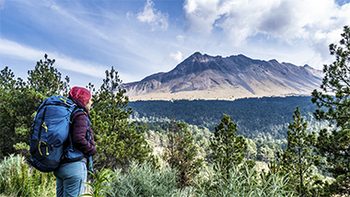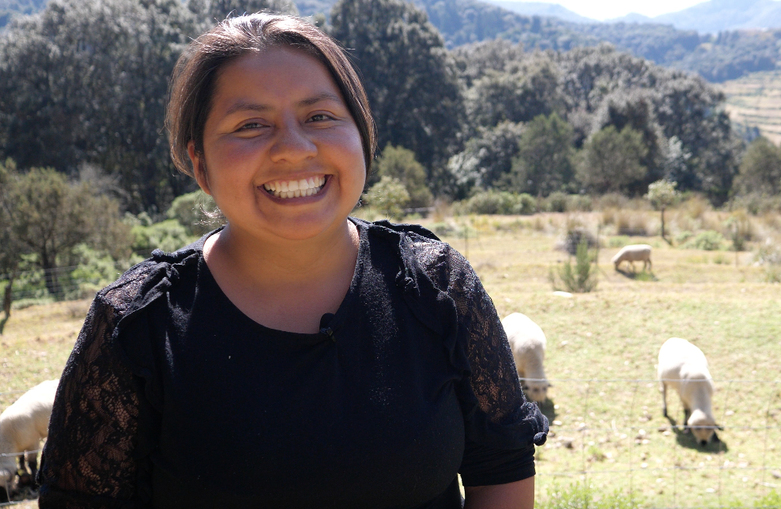Biodiversity Conservation in the Trans-Mexican Volcanic Belt II
Project description
Title: Promoting protected areas and maintaining species diversity
Commissioned by: German Federal Ministry for Economic Cooperation and Development (BMZ)
Country: Mexico
Lead executing agency: Mexican Agency for International Development Cooperation (Agencia Mexicana de Cooperación Internacional para el Desarrollo, AMEXCID)
Technical counterpart: National Commission of Natural Protected Areas (Comisión Nacional de Áreas Naturales Protegidas, CONANP)
Overall term: 2018 to 2022

Context
Around 30 million people live in the central part of the Trans-Mexican Volcanic Belt, the most densely populated area in Mexico. The largest cities in the region – Mexico City, Toluca and Cuernavaca – together form an amalgamated city landscape. This area lies in a high mountain range that is home to a total of 36 federal and more than 100 state nature reserves.
However, these protected areas and the surrounding natural spaces are under great threat. Urbanisation, uncontrolled mass tourism and environmentally unsound land-use practices are fragmenting natural habitats. The water, air and earth are being polluted. In addition, the region’s forests are one of the country’s ecosystems most severely affected by climate change. This puts important environmental services at risk, in particular the regional supply of drinking water.
Furthermore, the region is characterised by extremely high social and economic inequality between the rural and urban population. Agricultural and livestock farming focuses on self-sufficiency and serving local markets. Productivity is low. Small producers are insufficiently organised and have barely any access to agricultural advisory services and funding.
Objective
The management of protected areas in the central part of the Trans-Mexican Volcanic Belt region has improved.

Approach
The project promotes the skills of the employees of the national protected area authority to ensure effective management of the protected areas. Together with the relevant actors, the project is working to improve the availability of relevant information and to standardise management instruments. It also motivates those with public, private and social responsibility to participate in maintaining biodiversity and to coordinate their actions.
Moreover, the project contributes to strategically communicating the importance of protected areas. It prepares and disseminates success stories. At the same time, it advises stakeholders with a view to applying environmentally sound practices in livestock farming in mountainous regions and in tourism in other regions.

Last updated: May 2022